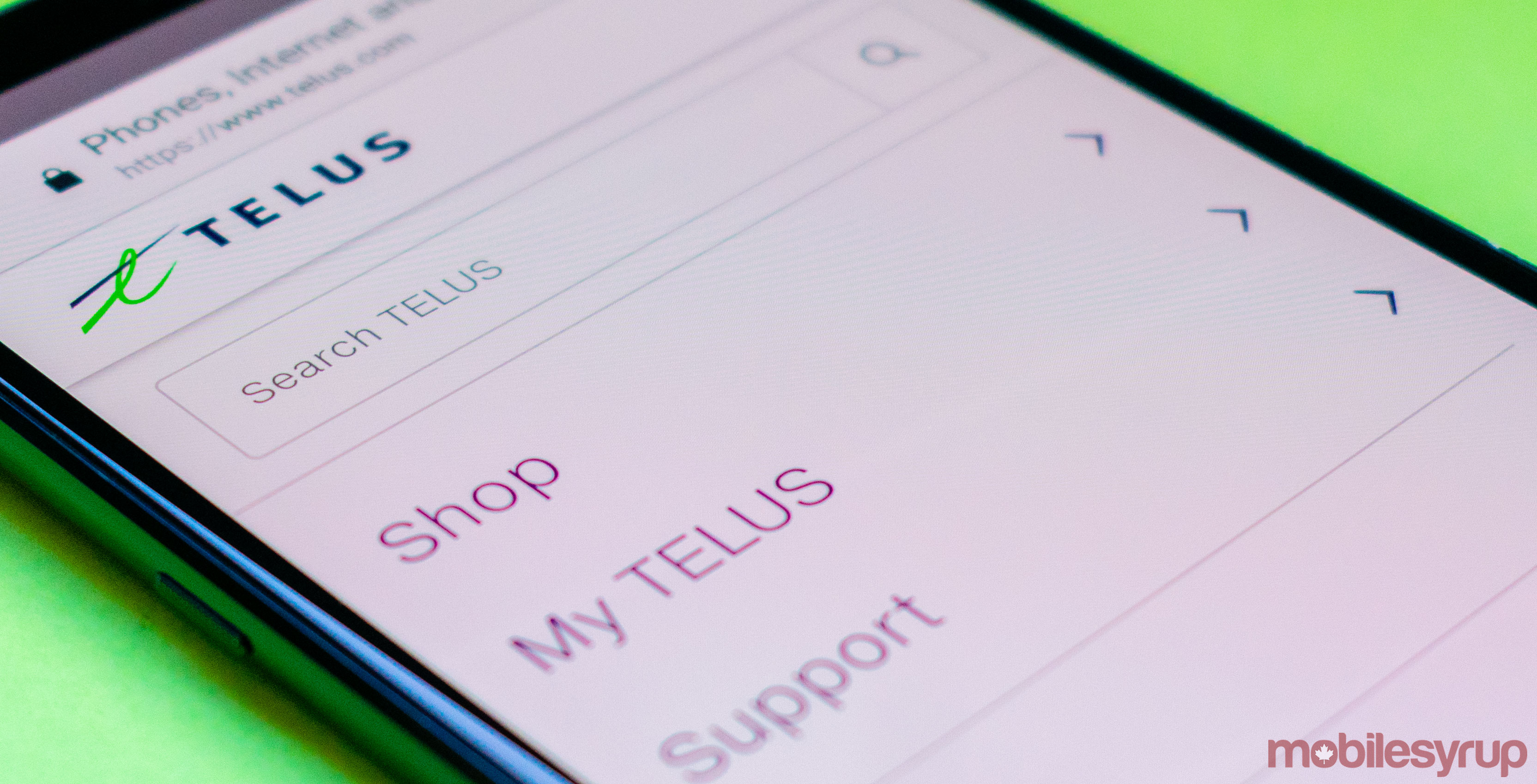
Vancouver-based national telecom service provider Telus plans on transitioning all its customers to paperless e-bills.
“Through advancements in digital adoption and our ongoing efforts to support the environment, Telus will be transitioning to paperless e-bills,” said a Telus spokesperson, in a September 14th, 2018 email to MobileSyrup.
Customers will be able to view their usage details, as well as download and print PDF e-bills through the service provider’s ‘My Telus’ website and mobile app.
“We will continue to provide customers with special needs the option of paper bills,” said Telus.
The national telecom’s new paperless policy will affect every client — ranging from home services to mobility — that have online access to their Telus accounts.
Telus noted that this change will rollout to customers in a ‘phased approach.’
According to the CRTC, service providers must inform account holders about changes to contract terms and conditions within 30 calendar days before those changes come into effect.
As such, Telus will likely notify users in advance once the telco is ready to make the complete shift to paperless e-bills.
While paperless e-bills are good for the environment, they also have other benefits. E-bills ensure that subscribers receive billing notifications exactly when bills are ready, while also enabling subscribers to pay their bills at any time and view or download bills from up to 18 months ago.
Telus flanker brand Koodo made the shift to paperless bills in May 2018.
The transition, however, received a negative response from a few individuals. Some Canadians argued that elderly citizens had issues finding copies of their paperless bills online, while others complained that the bills were easily lost in overstuffed online inboxes.
The Public Interest Advocacy Centre (PIAC) and National Pensioners Federation (NFD) even joined together to file an application with the CRTC to request that wireless providers offer paper billing upon request.
Both the PIAC and NFP argued that e-billing affects individuals with accessibility needs, senior citizens and low-income consumers.
It’s worth noting that Telus’ September 14th email confirmed that those with special needs will be able to continue receiving paper bills. However, it’s unclear who exactly falls under this category.
The CRTC eliminated fees for paper bills in October 2014, so those who do fall under the special needs category likely won’t be required to pay any additional fees.
MobileSyrup has reached out to Telus to learn more about the shift to paperless e-bills, as well as when the shift will take effect and who will be able to continue receiving paper bills.
MobileSyrup may earn a commission from purchases made via our links, which helps fund the journalism we provide free on our website. These links do not influence our editorial content. Support us here.


